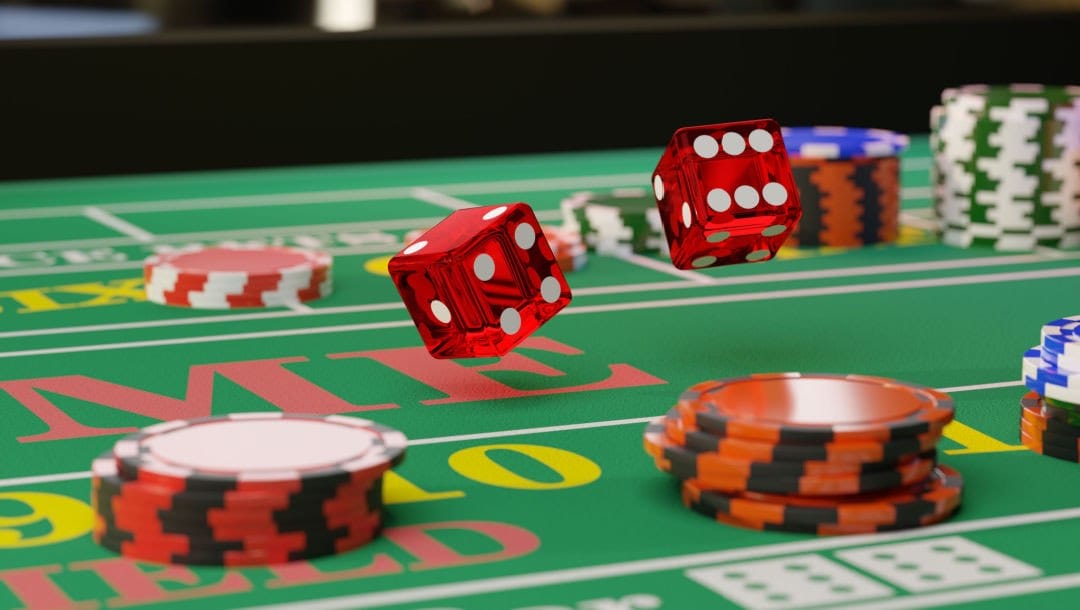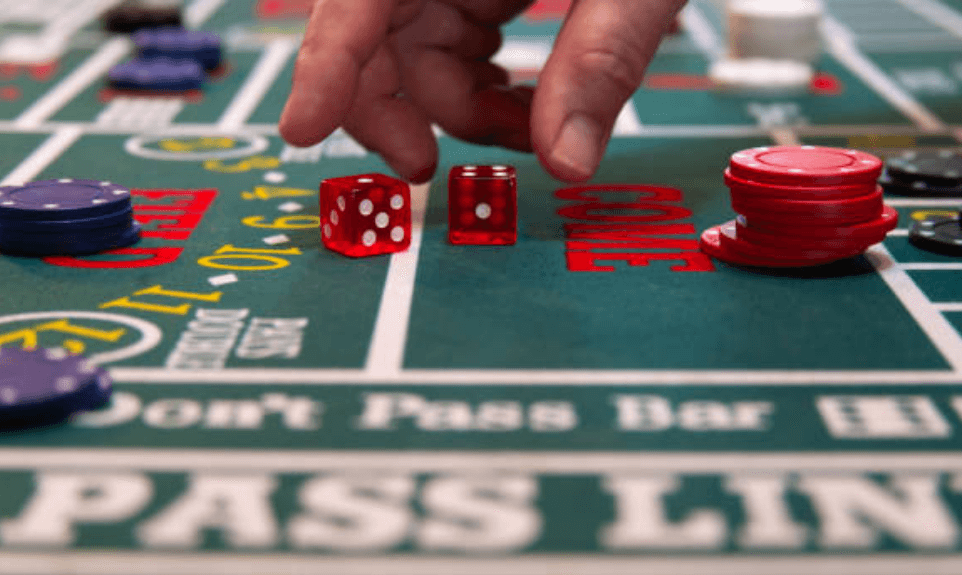
Where Does Betting Come From? Gambling, also known as betting or gaming, involves risking something of value (“the stakes”) on a random event with the aim of winning something else of value, where strategic considerations are typically not taken into account. Three essential elements must be present for gambling to occur: consideration (an amount wagered), risk (chance), and a prize. The outcome of the wager is often immediate, such as the result of a single dice roll, a spin of a roulette wheel, or a horse finishing a race. However, longer time frames are also common, allowing for bets on the outcome of future sports contests or even entire sports seasons.

In this context, the term “gaming” typically denotes instances in which the activity is explicitly permitted by law. The terms “gaming” and “gambling” are not mutually exclusive; for example, a “gaming” company legally offers “gambling” activities to the public and may be subject to regulation by entities like the Nevada Gaming Control Board.
However, this distinction is not consistently observed throughout the English-speaking world. In the United Kingdom, for instance, the regulatory body for gambling activities is named the Gambling Commission, not the Gaming Commission.
Where Does Betting Come From? – History of Gambling
The term “gaming” has become more prevalent, particularly with the rise of computer and video games, to describe activities that may not necessarily involve wagering, especially in online gaming. This newer usage has not completely supplanted the older definition as the primary one in common dictionaries. Additionally, the term “gaming” has been employed to sidestep laws against “gambling,” and media and others have used these terms interchangeably, influencing shifts in perceptions among their audiences.

Gambling constitutes a significant global commercial undertaking, with the legal gambling market reaching an estimated $335 billion in 2009. In alternative forms, gambling may involve items with inherent value that aren’t actual currency. For instance, participants in marble games might bet their marbles, and similarly, games like Pogs or Magic:
The Gathering can involve using collectible game pieces (small discs and trading cards, respectively) as stakes. This leads to a meta-game revolving around the worth of a player’s collection of such pieces.
Great Britain:
Explore more about gambling in the United Kingdom and the historical evolution of gambling in the region.
For centuries, gambling has been a prominent recreational activity in Great Britain. In 1569, Queen Elizabeth I even authorized a lottery. Horseracing, a beloved pursuit for over three centuries, has been subject to stringent regulations. Historical opposition to gambling has often emanated from Nonconformist Protestants and social reformers.
United States:
Refer to the comprehensive article on Gambling in the United States.
Gambling has maintained its popularity in the United States for centuries, coexisting with legal restrictions in many regions for almost an equal duration. In the early 20th century, gambling faced widespread prohibition across the U.S., contributing to its transformation into a predominantly illegal activity, fostering the growth of organized crime, including the mafia and other criminal organizations. However, as the late 20th century unfolded, there was a perceptible shift in attitudes towards gambling, accompanied by a relaxation of legal restrictions against it.
Regulation:
Numerous jurisdictions, both at the local and national levels, either prohibit gambling outright or closely regulate it through vendor licensing. This regulatory framework often results in the emergence of gambling tourism and illicit gambling activities in regions where it is prohibited. Governments play a pivotal role through their involvement in regulation and taxation, fostering a close relationship between many governments and gambling organizations. In specific locations, legal gambling serves as a substantial source of government revenue, exemplified by cases like Monaco and Macau, China.

Legislation typically mandates that gambling devices must exhibit statistical randomness, aiming to prevent manufacturers from rendering certain high-payoff outcomes impossible. Due to the exceedingly low probability of these high payoffs, detecting a house bias can be challenging unless devices undergo meticulous scrutiny.
In jurisdictions where gambling is permitted, there’s often a requirement that participants meet a specific age threshold. The gambling age may vary depending on the type of gambling activity in certain jurisdictions. For instance, in numerous American states, individuals must be over 21 to enter a casino, but they can purchase a lottery ticket after reaching the age of 18.
Insurance:
Due to numerous shared characteristics with wagers, insurance contracts are often legally distinguished by the presence of an interest held by either party in the outcome beyond the specific financial terms. For instance, a contractual arrangement with an insurer regarding the possibility of one’s house burning down is not categorized as gambling but as insurance.

This is because the homeowner inherently has an interest in the preservation of their home, extending beyond the purely financial aspects of the contractual agreement (i.e., the insurance policy). Despite these distinctions, both insurance and gambling contracts are commonly classified as aleatory contracts in many legal systems, although they are subject to different regulatory frameworks.
Asset recovery:
In common law, especially under English Law, specifically the doctrine of unjust enrichment, a gambling contract may not confer bona fide purchaser status to a casino, allowing for the recovery of stolen funds in certain situations. A notable case, Lipkin Gorman v Karpnale Ltd, involved a solicitor using stolen funds for gambling at a casino. The House of Lords overturned the High Court’s prior decision, ruling that the casino must return the stolen funds, excluding any amount subject to a change of position defense. U.S. legal precedents share some similarities.
When it comes to cases involving the recovery of gambling losses where the loser had stolen the funds, refer to “Rights of owner of stolen money as against one who won it in a gambling transaction from a thief.”
An intriguing scenario arises when the individual seeking recovery is the gambler’s spouse, and the lost money or property belonged either to the spouse or constituted community property. This aspect was a minor plot point in a Perry Mason novel, “The Case of the Singing Skirt,” referencing the actual case Novo v. Hotel Del Rio.





